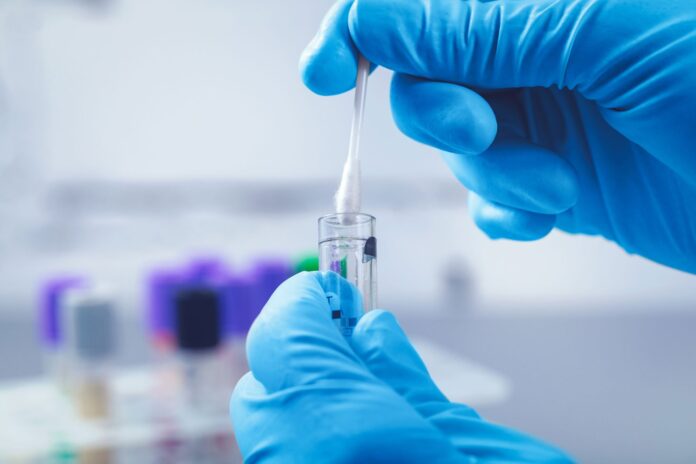With a BUN test, your healthcare provider can easily see how well your kidneys are functioning. Besides, it also helps reveal whether your urea nitrogen levels are typically higher than normal. If the urea nitrogen levels are higher, it suggests that your kidneys aren’t functioning properly.
Now that you are here, we will find out why a BUN test is essential. And while you dig further, you will also know what to expect from the test and the possible results.
BUN Test – Why is it Conducted?
There are plenty of reasons why you might require a BUN test. However, we’ve listed a few commendable ones in this section:
- If you are diagnosed with a chronic condition like high blood pressure, diabetes, etc., your kidney function requires evaluation.
- Your healthcare provider or doctor suspects that you possibly have kidney damage or disease.
- The BUN test is conducted as a part of a blood test group. It basically helps in diagnosing a few other conditions like urinary tract obstruction, liver damage, gastrointestinal bleeding, or congestive heart failure. Nonetheless, an abnormal BUN test result cannot confirm any of these conditions alone.
- If you are receiving peritoneal dialysis or hemodialysis, a BUN test helps in determining the effectiveness of dialysis treatment.
When Should You Get a BUN Test?
Doctors usually recommend a BUN test as a part of your routine checkup. And it is often considered one of the several blood tests that you are likely to undertake. And when you have a kidney condition, this test can efficiently help in checking your BUN levels. Once the BUN level has been determined, only then your treatment or medications can commence.
If your doctor suspects you’re having kidney problems, you might be ordered a BUN test. And if you have any of the following signs or symptoms, then there is probably something wrong with your kidneys:
- A weird pain was felt at the site while urinating
- A sudden alteration in the amount of your urination
- Swelling in hands, arms, ankles, legs, face, around eyes, abdomen, etc.
- A bloody, foamy, brownish or discoloured texture of urine
- A stringent pain in the mid-back side, exactly where the kidneys are located
- Feeling restless all-day
- Tiring legs during sleep, etc.
So whenever you notice any of these symptoms, please ensure that you report to your doctor immediately.
How to Prepare for a BUN Test?
For a BUN test, your blood sample will be collected. So, before the test, you can eat and drink normally. But if your blood sample is used for additional tests, you will probably require fasting. However, you will not have to fast for the entire day, and your doctor will provide you with specific instructions.
BUN Test – What Can You Expect?
While conducting the BUN test, your healthcare provider will take your blood sample. For this, they will insert a needle into a vein in your arm and collect the blood sample in a vial. Next, the blood sample will be sent to the lab for analysis. After you have taken the BUN test, you can immediately return to your regular activities.
BUN Test – What are the Results?
The results of BUN tests are usually measured in milligrams per deciliter or mg/dL in the United States. And internationally, it is measured in millimoles per litre or mmol/L. Usually, around 6 to 24 mg/dL or 2.1 to 8.5 mmol/L is considered the normal value.
But you should note that the normal ranges are likely to vary as per the reference range used by the lab and your age. If you are unable to understand what your BUN test results reveal, you can ask your doctor. The healthcare professionals of Apollo Hospitals will guide you through and explain your results.
You should note that urea nitrogen levels are very likely to increase with age. And it is obvious that infants have lower levels of urea nitrogen than other elderly people. Besides, the range also varies typically amongst children.
When your BUN test result shows a higher level, it means that your kidneys aren’t functioning properly. However, the reason behind elevated BUN can also be due to the following:
- Urinary tract obstruction
- Dehydration that results from not drinking enough fluids or any other reason
- Gastrointestinal bleeding
- Recent heart attack or congestive heart failure
- Severe burns
- Shock
- A typically high-protein diet
- Several medications like antibiotics, etc.
To Conclude
While kidney damage is a concern, it is important to ask your doctor about the factors that contribute to the damage. The doctor of Apollo Hospitals will also tell you the necessary steps that you need to take to control them.

